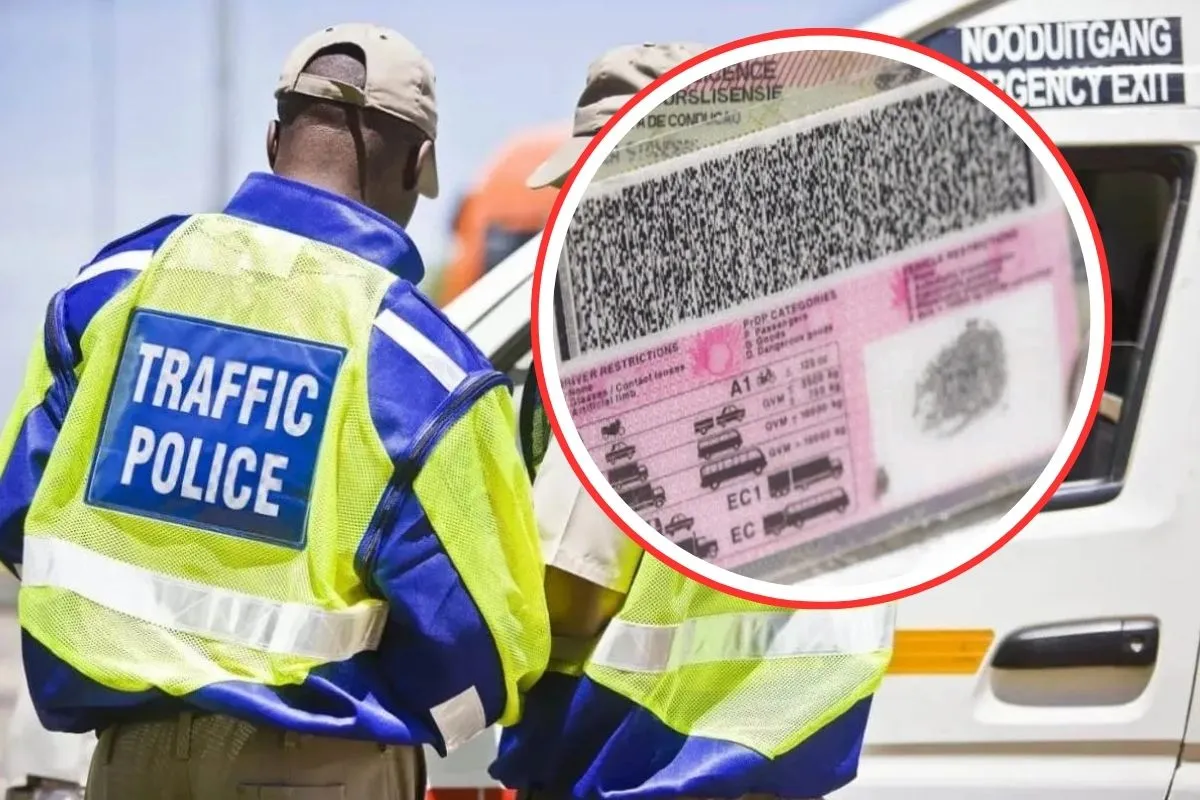
AARTO rollout: SA drivers receive new details on fines and demerit points
The RTIA has explained how the new AARTO traffic law will operate, covering fines, discounts, and penalties. Here’s what drivers should know.

The Road Traffic Infringement Agency (RTIA) has explained how traffic fines and penalties will work under the Administrative Adjudication of Road Traffic Offences (AARTO) Act.
This update comes as South Africa prepares to roll out the controversial law in phases. President Cyril Ramaphosa recently confirmed that the first phase of AARTO will start on 1 December 2025, covering 69 municipalities.
The system will expand to the remaining 144 municipalities on 1 April 2026, with the driving licence demerit point system launching on 1 September 2026.
How AARTO fines and demerits will work
The RTIA stated that motorists will receive an AARTO infringement notice when they commit traffic offences like speeding or illegal parking.
Traffic officers can issue notices directly, or they can be sent via registered mail or electronic communication. Once issued, motorists have 32 days to respond, with the following options:
- Paying the fine (with a 50% discount if paid within 32 days).
- Submitting a representation, and if there is a valid reason, the infringement should be cancelled.
An independent officer will review all representations. If a motorist ignores the initial infringement notice, the agency will send a courtesy letter, which adds R60 to the fine.
Motorists then have another 32 days to respond before the RTIA issues an enforcement order.
While under an enforcement order, motorists are:
- Prohibited from renewing their driving licence, driving permit, or licence disc.
- Blocked from using the eNatis platform.
- Charged an additional R60 penalty.
“The purpose of an enforcement order is for the law to take its course where an infringer has not complied with either an infringement notice or, subsequently, a courtesy letter,” the RTIA explained on X.
With the new law set to take effect in less than two years, the RTIA urges motorists to familiarize themselves with the processes and timelines.
The phased rollout will allow drivers time to adjust, but starting in 2026, ignoring fines could directly impact a driver’s legal right to remain on the road.
